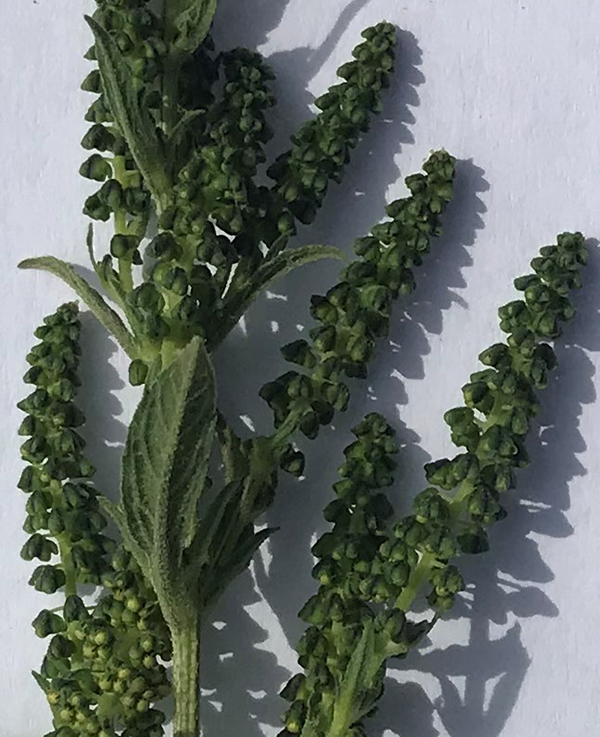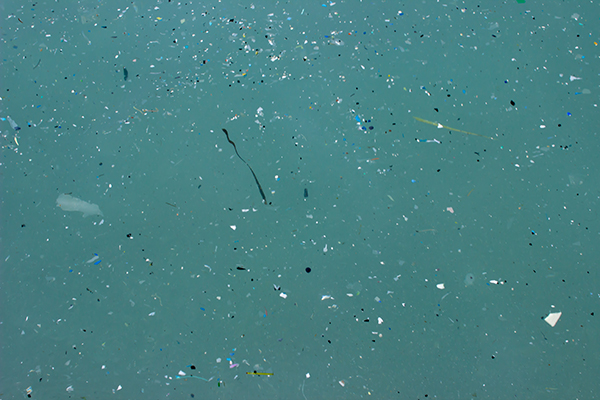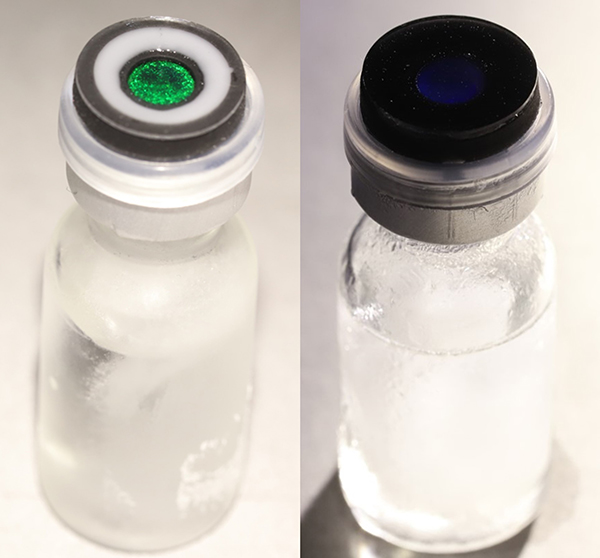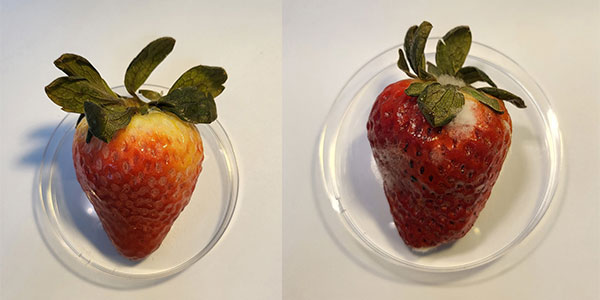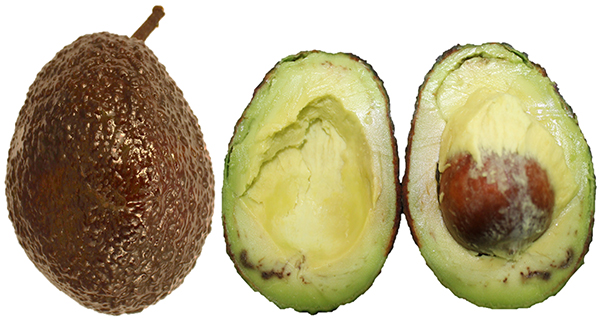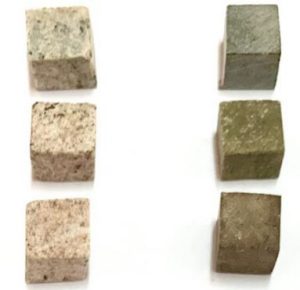
The next generation of sustainable energy technology might be built from some low-tech materials: rocks and the sun. Using a new approach known as concentrated solar power, heat from the sun is stored then used to dry foods or create electricity. A team reporting in ACS Omega has found that certain soapstone and granite samples from Tanzania are well suited for storing this solar heat, featuring high energy densities and stability even at high temperatures.
Energy is often stored in large batteries when not needed, but these can be expensive and require lots of resources to manufacture. A lower-tech alternative is thermal energy storage (TES), which collects energy as heat in a liquid or solid, such as water, oil or rock. When released, the heat can power a generator to produce electricity. Rocks such as granite and soapstone are specifically formed under high heat and found across the globe, which might make them favorable TES materials. However, their properties can vary greatly based on where in the world they were formed, possibly making some samples better than others. In Tanzania, the Craton and Usagaran geological belts meet, and both contain granite and soapstone. So, Lilian Deusdedit Kakoko, Yusufu Abeid Chande Jande and Thomas Kivevele from Nelson Mandela African Institution of Science and Technology and Ardhi University wanted to investigate the properties of soapstone and granite found in each of these belts.
The team collected several rock samples from the belts and analyzed them. The granite samples contained a large amount of silicon oxides, which added strength. However, the Craton granite contained other compounds, including muscovite, which are susceptible to dehydration and could make the rock unstable at high temperatures. Magnesite was found in the soapstone, which conferred a high density and thermal capacity. When heated to temperatures over 1800 degrees Fahrenheit, both soapstone samples and the Usagaran granite had no visible cracks, but the Craton granite fell apart. Additionally, the soapstone was more likely to release its stored heat than the granite. In all, the Craton soapstone had the best performance as a TES, able to absorb, store and transmit heat effectively while maintaining good chemical stability and mechanical strength. However, the other rocks might be better suited for a lower-energy TES application, such a solar dryer. The researchers say that though further experiments are needed, these samples show good promise in being a sustainable energy storage material.
The authors acknowledge funding from the Partnerships for Enhanced Engagement in Research under the National Academies of Sciences, Engineering, and Medicine; and the United States Agency for International Development.
###
The American Chemical Society (ACS) is a nonprofit organization chartered by the U.S. Congress. ACS’ mission is to advance the broader chemistry enterprise and its practitioners for the benefit of Earth and all its people. The Society is a global leader in promoting excellence in science education and providing access to chemistry-related information and research through its multiple research solutions, peer-reviewed journals, scientific conferences, eBooks and weekly news periodical Chemical & Engineering News. ACS journals are among the most cited, most trusted and most read within the scientific literature; however, ACS itself does not conduct chemical research. As a leader in scientific information solutions, its CAS division partners with global innovators to accelerate breakthroughs by curating, connecting and analyzing the world’s scientific knowledge. ACS’ main offices are in Washington, D.C., and Columbus, Ohio.
To automatically receive press releases from the American Chemical Society, contact newsroom@acs.org.
Note: ACS does not conduct research, but publishes and publicizes peer-reviewed scientific studies.

